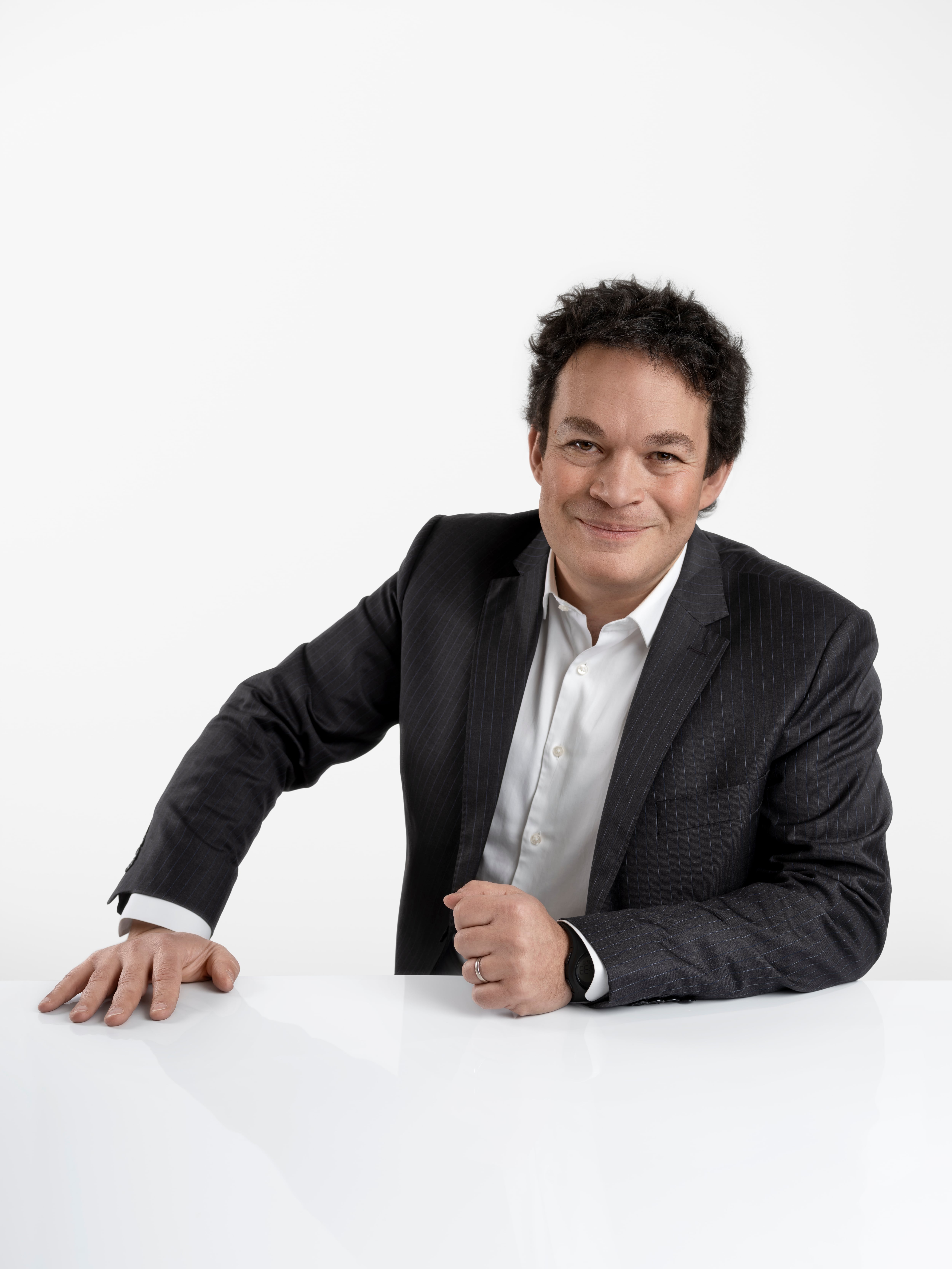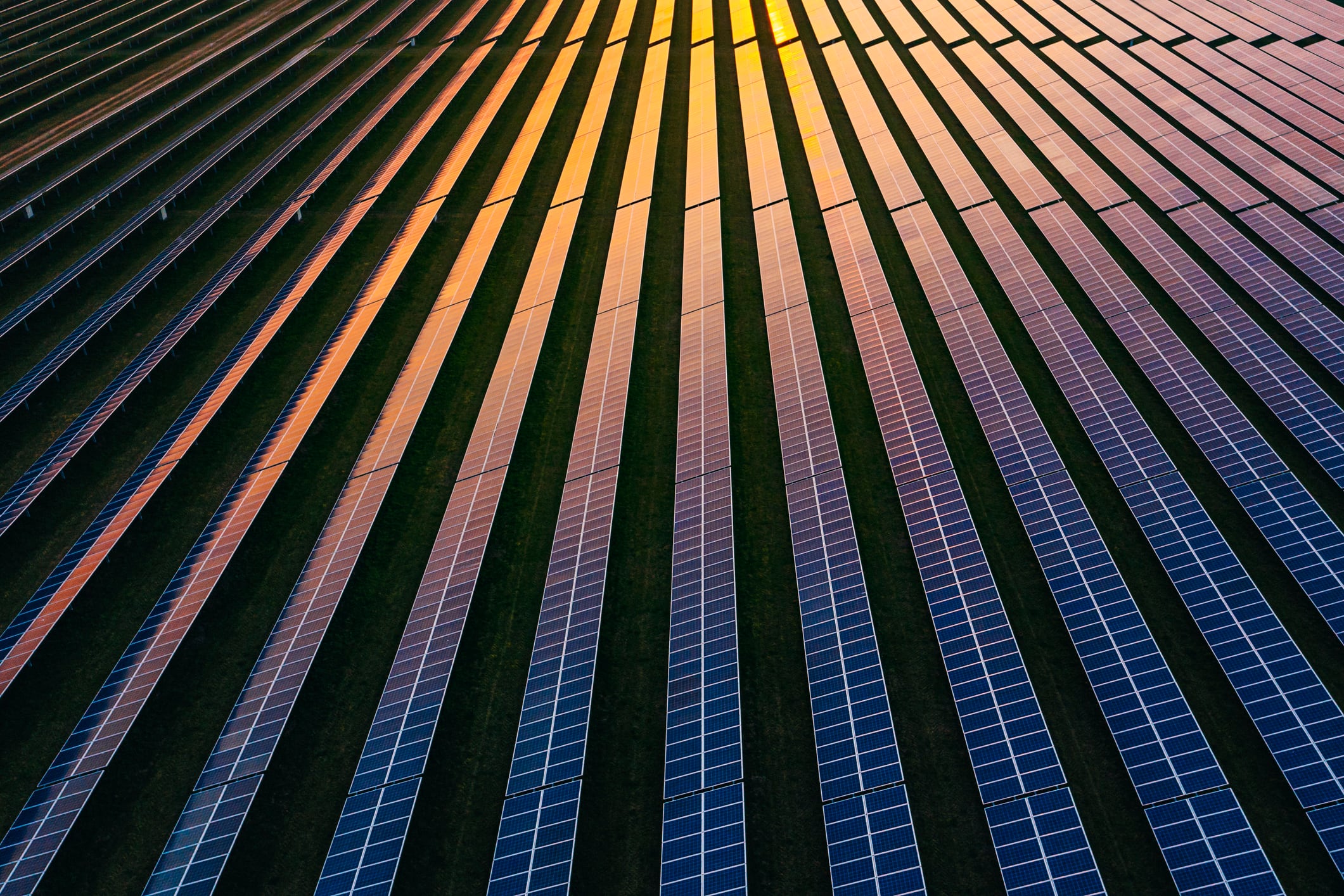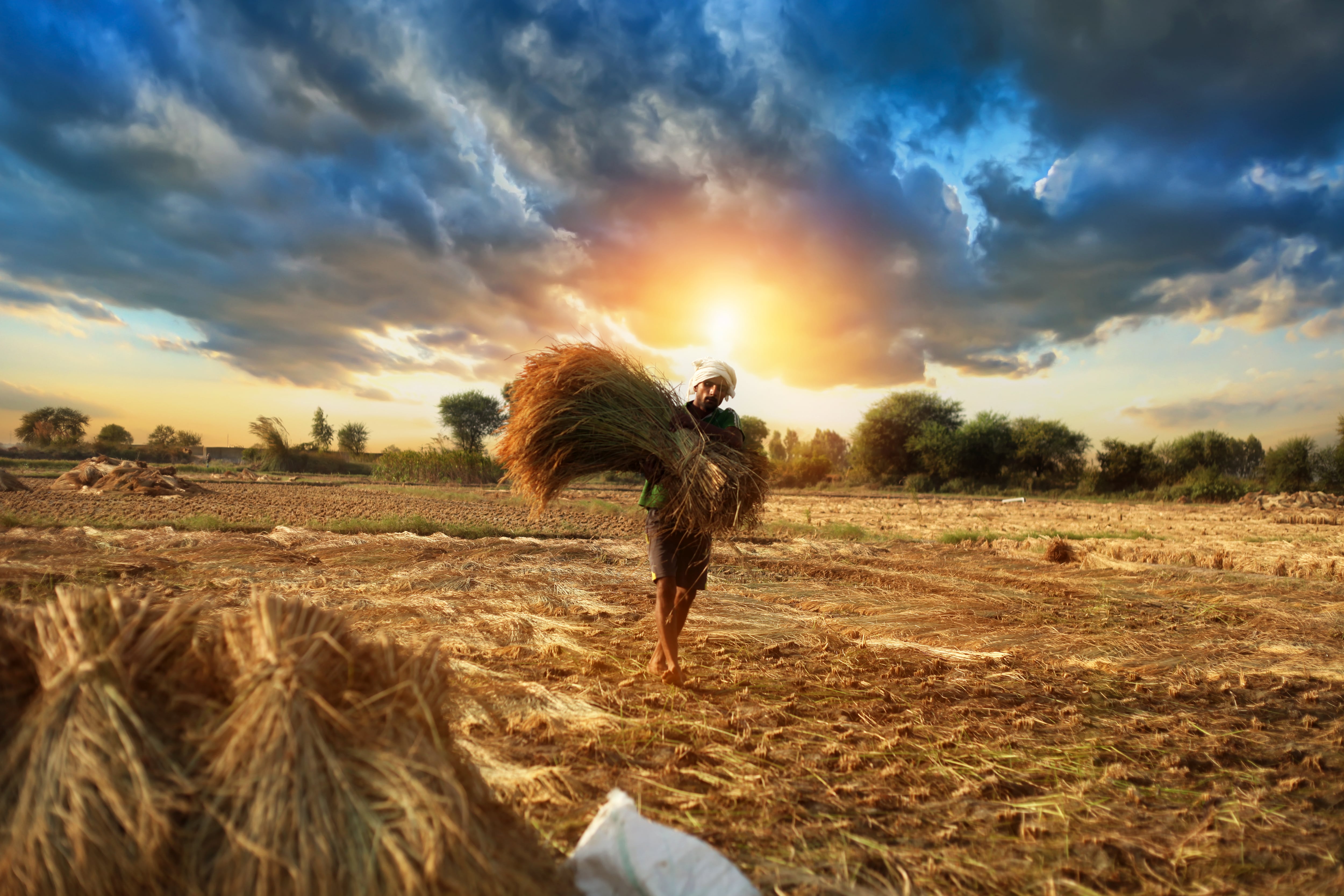In its 53-year history, Sofinnova Partners has invested in more than 500 companies. Now, it’s powering up to pour $1.2bn into several more.
Its new funds have come in a surge with the Paris-based venture capital firm saying recently it raised more than €1bn in the final quarter of last year alone to bring its total assets under management to €4bn.
As is usual for the life sciences specialist, the healthcare arm which made its name received much of the attention. But in recent years, Sofinnova has made food and agriculture an increasingly central part of its strategy.
Sofinnova began investing in agriculture in the late 2000s and has minted several public companies in the years since. The first was Biotalys, a protein-based biocontrols company, that listed on the Belgian stock exchange in July 2021, closely followed by Afyren later that year which upcycles agricultural waste into chemicals, food, or feed ingredients.
It was a steep learning curve, however, after Sofinnova’s initial assumption that it could easily turn the lessons of healthcare onto agriculture proved to be misguided.
“In healthcare, companies are buying innovation. So, if you have a good drug, somebody will acquire it,” says Michael Krel, a partner in the company’s industrial biotech arm that covers agri-food, chemicals and materials.
In agriculture, however, a good product is rarely enough. “In ag, you need to prove that the product makes money for the farmer as well,” Krel explains. “You need to develop the product and prove the market will accept it which in fairness, 10 years ago, we didn’t anticipate.”
Targeting companies developing bio-based solutions
Today, Sofinnova is on its third iteration of a €175m industrial biotech fund, investing around two-thirds of the money in Europe and the rest in North America with initial cheque sizes of between €1m and €10m.
Krel may now be managing the money, but his route here brought him via the lab having completed a PhD in organic biochemistry in the early 2000s. His conversation remains peppered with such language – “a three-dimensional structure determines the performance of the product and that is led by heteroatoms” – that suggests his seat on boards is rarely limited to commercial and strategic input.
It means that for Krel, changes in Sofinnova’s strategic approach are ultimately down to shifts in its scientific outlook, most notably by turning away from simple, commodified products and towards higher-performing assets that may often be much more specific.

“We used to be very worried about market acceptance and so mostly focused on, ‘drop in’ products,” he explains. “So manufacture the exact same product [as a competitor], but through a bio-based, more sustainable route.”
Now though, they are more willing to embrace new ideas. While this typically means more work is needed to develop a market, educate customers, and prove enhanced value to customers, the payoffs when it goes right are significantly greater.
Sofinnova has money in Micropep, for example, a start-up developing biological micropeptide-based solutions for agriculture. “This is not a drop in. Micro-peptides were never used before for that kind of application,” says Krel.
While that means there was no market ready to sell into, micro-peptides enable farmers to keep certain insects away without harming bees. “And this is what brings success to those companies, because you can have a much better product at the end, which is what people care about.”
50 years of supporting innovation
Krel does not necessarily claim this approach is novel among venture capital firms in the sector but argues there are other features that mark Sofinnova out.
The first is age. “If I would be joking, I would say we lost a lot of money by making mistakes sometimes,” Krel smiles. “But we learn from those mistakes. We even learn from the mistakes 30 years ago by some healthcare investors. There are very few VCs that can brag about that.”
Bringing those decades of experience to each new company means the rate of improvement rises significantly, Krel says. “Most of the people that failed in the ag, biotech space, failed because either their product was too expensive, or it wasn’t efficient enough,” he says.
“We really understand how to drive the start-up so that they deliver that efficacy, that certainty to their customers.”
Them’s the breaks
Yet even such experience can of course never eliminate the roll of the dice that is often venture capital investing. So how much of a VC’s success can really be attributed to good investment decisions? And how much is just luck?
Krel takes a pause. “By picking the right companies and helping them well, you can get to a certain level of success without significant luck,” he says.
“But to get to huge success, you need some luck. This may be because the science works much better than ever hoped, a sudden market trend, or even a major regulatory shift.”
Sofinnova is invested in Elicit Plant, for example, a company offering drought protection products that recently closed a €40m round to bring it to profitability. Sofinnova backed the company in 2021 based on the strength of its offering at the time, but a deterioration in the climate has since made its stake even more valuable.
Droughts in Spain, the US, and southern Africa mean drought is shooting up the agenda of farmers and therefore large agricultural corporations, making companies like Elicit Plant more in demand that ever. “That is ultimately luck,” Krel concludes. “But it’s a lot of work to get lucky.”




